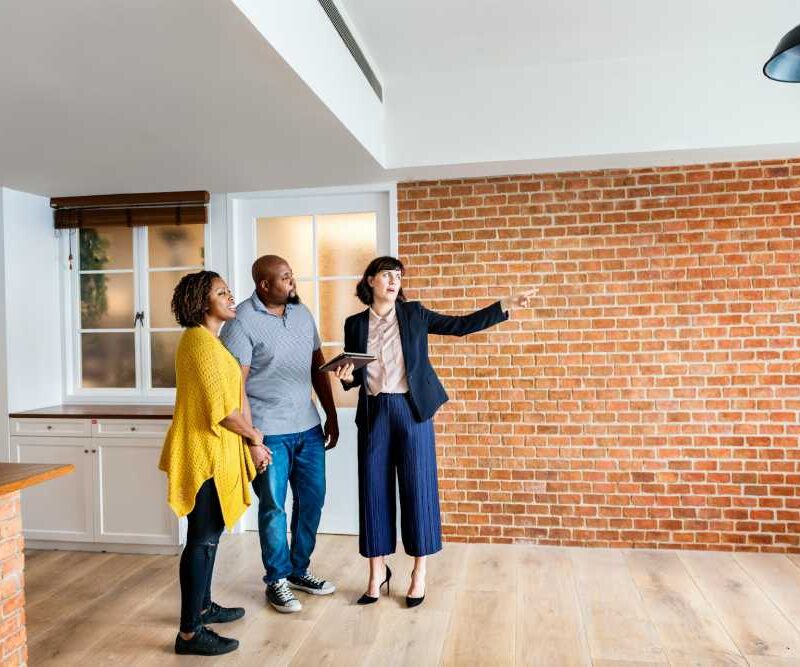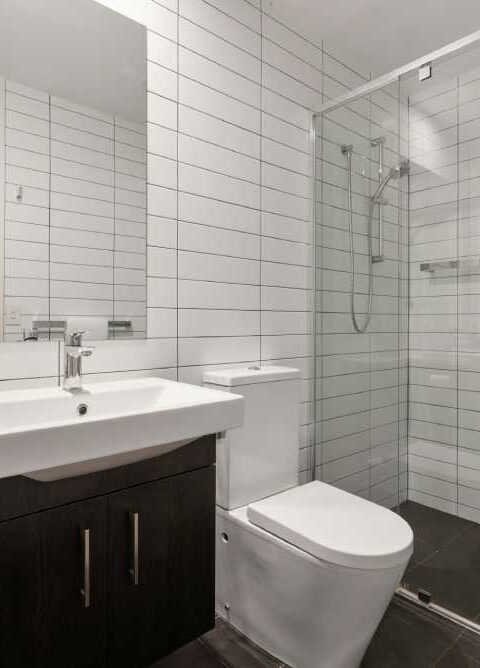Purchasing your first home is an exciting milestone filled with opportunities and decisions. It’s a journey that involves finding a house and a place that best fits your lifestyle, ambitions, and needs. With careful planning and consideration, you can find a home you’ll cherish for years. This guide aims to simplify the process, highlighting crucial aspects to consider when taking this significant step.
Understand Your Priorities
The first step in selecting the right home is understanding your needs. Start by listing your top priorities. Do you want a large backyard, school proximity, or a quiet neighborhood? By identifying your must-haves, you set a clear direction for your house hunt. For instance, consulting a knowledgeable professional like 30A real estate agent Richard Jabbour can provide valuable insights into aligning these priorities with available properties in your desired area.
Location, Location, Location
Location is a pivotal consideration when buying a home. It affects everything from property value to daily commutes and lifestyle. Consider the proximity to work, access to public transportation, and the overall feel of the neighborhood. Researching local schools, healthcare facilities, and community resources can provide a clearer picture of life in a particular area.
Assess the Condition and Layout
When viewing potential homes, consider the property’s condition and layout. While some issues, like minor cosmetic flaws, can be fixed, structural concerns could lead to expensive repairs. Consider hiring a home inspector to provide a comprehensive assessment of the property. Additionally, evaluate whether the layout suits your lifestyle—open floor plans are often favored for their versatility and space utilization.
Consider Future Plans
Your plans should influence your choice of home. If you’re considering starting a family, you might require extra bedrooms or a larger yard. Conversely, you might focus on resale value if you plan to relocate in a few years due to career prospects. Choosing a home accommodating your future needs ensures a wise and lasting investment.
Budget and Financial Planning
Establishing a clear budget is critical to buying your first home. Consider the purchase price and additional costs like property taxes, homeowners insurance, and potential renovations. A lender can pre-approve your mortgage, helping you understand how much you can afford and making your offer more appealing to sellers. Remember to leave some buffer in your budget for unforeseen expenses.
How a Real Estate Agent Can Assist You
Navigating the complexities of home buying is significantly more accessible with the help of an experienced real estate agent. These professionals offer knowledge from market trends to negotiation techniques. They can access listings that fit your criteria, arrange viewings, and guide you through the intricacies of making an offer. Their insights are invaluable in ensuring you make informed and confident decisions throughout the process.
Negotiation Skills
Once you’ve found a potential home, the negotiation process begins. This can involve more than just price—it can include contingencies, closing costs, and inspection results. An experienced real estate agent will represent your interests, negotiating strategically to secure the best possible deal. Their expertise ensures that you reach an agreement that satisfies your financial constraints and aspirations.
Conclusion
Embarking on the journey to purchase your first home is both thrilling and daunting. With the proper preparation and the right support, such as a seasoned real estate agent, the experience can be rewarding.
By focusing on your priorities, considering location, assessing the home’s condition, and planning for the future, you will be well-equipped to find a home that perfectly suits your needs. Remember, this purchase is not just about a house—it’s about creating a foundation for your next chapter in life.







